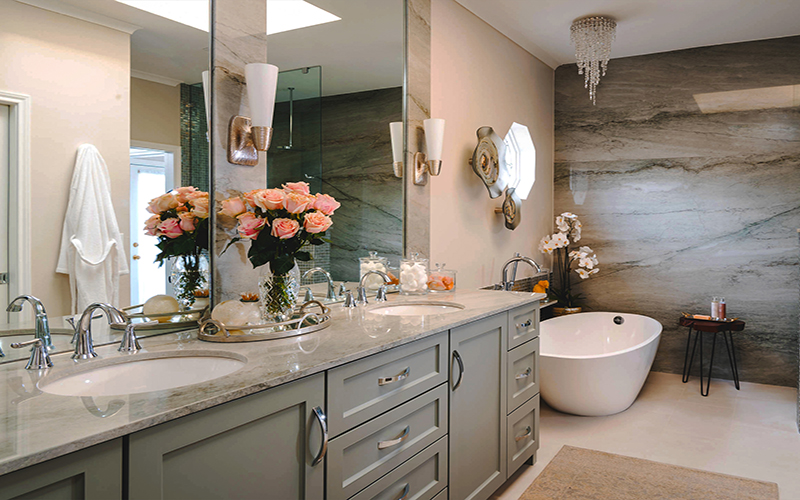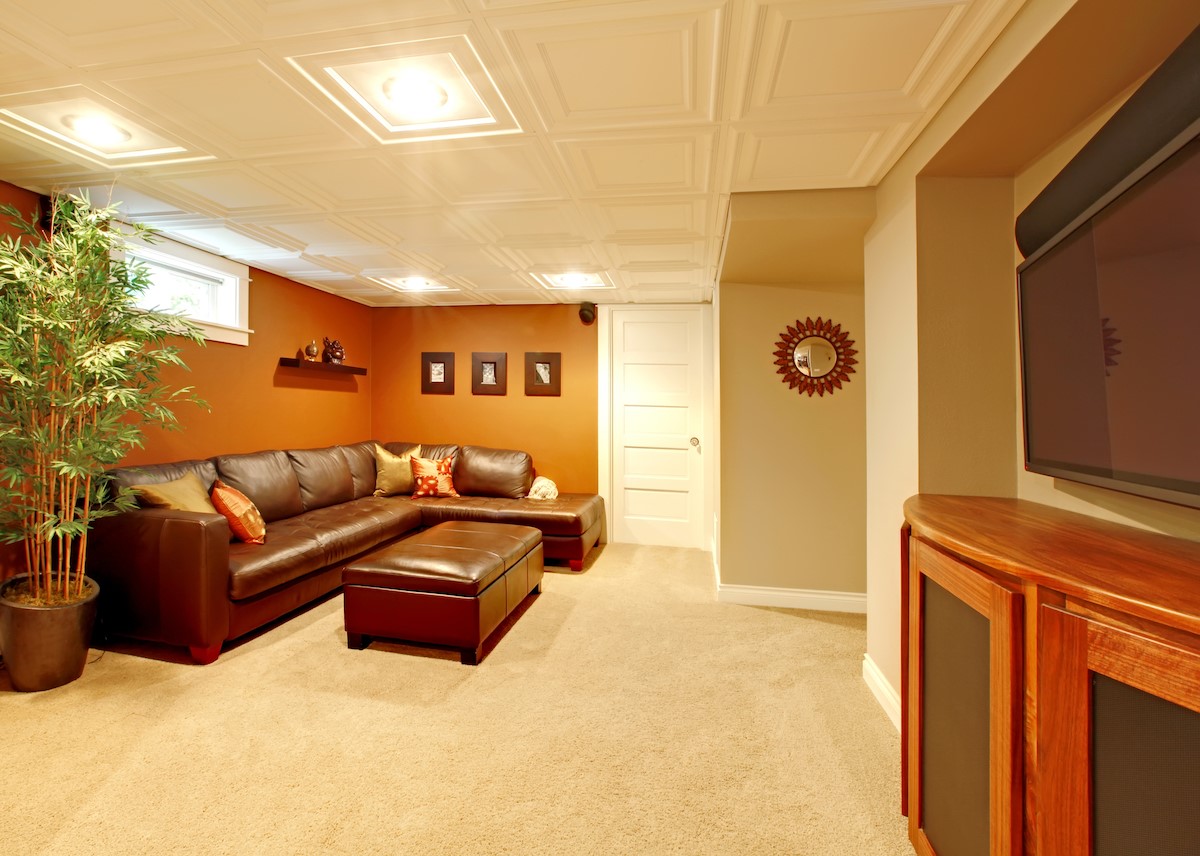15 Kitchen Light to Upgrade Kitchen within Budget
Kitchen lights are one of the most important factors which affect the overall look of a kitchen. The kitchen is often referred to as the heart of a home, and just like a human heart, it is the most used part of any home. A kitchen that is aesthetic and visually appealing is sure to increase the resale value of your property. You will spend your hard-earned money, so why not get the most out of it? Here we’ll show some of the kitchen light designs that are classy and can make the viewers awestruck.
ASASA Construction is known for its state of the art kitchen renovations in Toronto. We got what you dream. What are you waiting for? Hurry up and contact us for sleek kitchen ideas and FREE Consultation.
15 Elegant Kitchen Light Designs:
Oil-Rubbed Bronze Dome Pendant:
This customized kitchen light comes with a unique matte black finish. It also portrays a classical industrial look because of its bronze dome. These lights are sure to add a minimalist look that is sure to wow your guests. The light is available in a variety of colors.
ASASA is known to be the best kitchen and bathroom remodeling contractors in Toronto. We dream we aim, and we achieve. We are providing economical renovations since a decade.
Nassa Basket Pendant Kitchen Light:
Get the exclusive look with this trendy but old school basket pendant light. This natural appearance will immediately add a touch of grace and attract anyone that visits you. It goes perfectly well with if you add a touch with wooden furniture.
Scrolling for modern kitchen renovation ideas? Are you tired? WELL, do not worry because we got your back. ASASA Construction is the best kitchen renovation company in Toronto for more details, visit us.
Firefly Bulb Brass Pendant as Kitchen Light:
These brass globe pendants are another state of the art fixture. They not only add a modern minimalist look but also wow your guests. They come with adjustable cord lengths to suit your lighting needs adding comfort and classiness at the same time.
Sculptural Glass Faceted Flushmount Kitchen Light:
These lights may seem a bit unusual for a kitchen light, but if you use the traditional recessed lighting. This light portrays a prism-like look, adding sleekness and creativity. They come in various designs to match your desires. These lights tend to be energy efficient.
Carson 12″ Cord Pendant with Cage:
This penny pendant light surely adds an aesthetic and a retro look. These lights are inspired by warehouse lights from the late 19 century. They are economical and easy to install. It’s a good option if you are looking to add some creativity to your kitchen.
Duet Pendant Kitchen Light:
If you are having a difficult time choosing between the globe-shaped pendant or more traditional features. What if we use the two together and get a sleek combination? This would add modernity and functionality to your kitchen.
IKEA Sjuttiofem Pendant Lamp Shade:
If you are in retro lights, this one is for you. This state of the art lampshade is sure to wow your guests. It is an economical and one of a kind kitchen lighting idea. These lights come in different designs to fit your needs.
Curvilinear Mid-Century Chandelier:
Mid-century modernity, combined with exclusiveness, is what defines this one of a kind masterpiece. It got three shell-like shades that are adjustable to your comfort level. The perfect place to place this beauty would be your kitchen countertop or the kitchen table. The light has the potential to add to the ambiance of your room. The 360 angle makes it easier for you to brighten the entire room.
Melt Pendant:
Tom Dixon designed this irregularly shaped copper pendant light and it features his classy signature style and glossy finishing. Hang these triplets on the kitchen table and see the magic happen. The aesthetics of this elegant light is sure to enhance the beauty of your home. The lights are economical and do not consume much electricity.
Anello 12″ Spun Cone Pendant:
This masterpiece of kitchen lighting was designed for true kitchen lovers. It depicts the look of two upside-down tops connecting together, Brendon Farrell designed this light and has the tendency to produce a warm light keeping your kitchen cozy in winters. This light is available in multi colors as per your needs so it is sure to add never-ending beauty to your beautiful home.
Radcliffe 40″ Rectangular Bare Bulb Chandelier:
Leave your guests a never forgetting an impression with this large bare bulb chandelier. It is a contemporary piece accented by gold hardware and a clear suspension that gives it the appearance that it is effortlessly floating. The aesthetic look is what makes this light stand out. It is designed to modernity while keeping it cool.
Light Rods LED Chandelier in Antique Brass:
modern contemporary light provides both aesthetics and exclusiveness. As it provides LED light, which makes in economical and electricity-friendly. If you are looking for something exclusive then this is your ultimate tool. This exclusive kitchen light has the tendency to make your kitchen appear cool. This light is easy to install and requires less electricity.
PH5 Minim Pendant Lamp:
This sleek pendant design derives from the mid-century era and the flower-like appearance is what makes it worth having. This light is sure to be visually appealing to your guests. It is highly economical and readily available in the light shops around you. It looks mesmerizing if hanged in groups above the island or the countertop.
Glass Globe Pendant as Kitchen Light:
This globe pendant appears sleek if placed above the kitchen counter. Put triplets for a more elegant look. These lights are usually pocket-friendly so they do not consume much electricity. These lights got the tendency to give your room a modern and cohesive look.
Fringe Faux Leather Pendant Kitchen Light:
This fringe faux leather pendant light assures a modern minimalist look. It is charming and does not require much care while remaining sophisticated. These lights add warmth while making you feel at home.
If you are looking to hire a Bathroom Remodeling Contractor in Toronto, must-read “Bathroom Remodeling – 6 Research Tips for Finding a Best Contractor“.

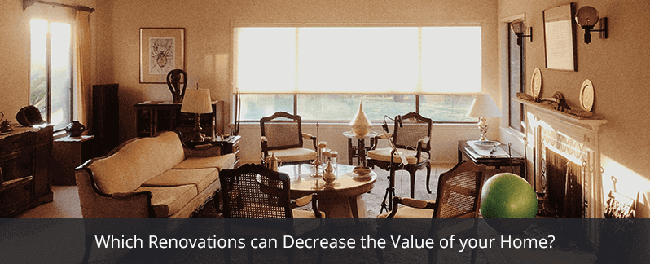
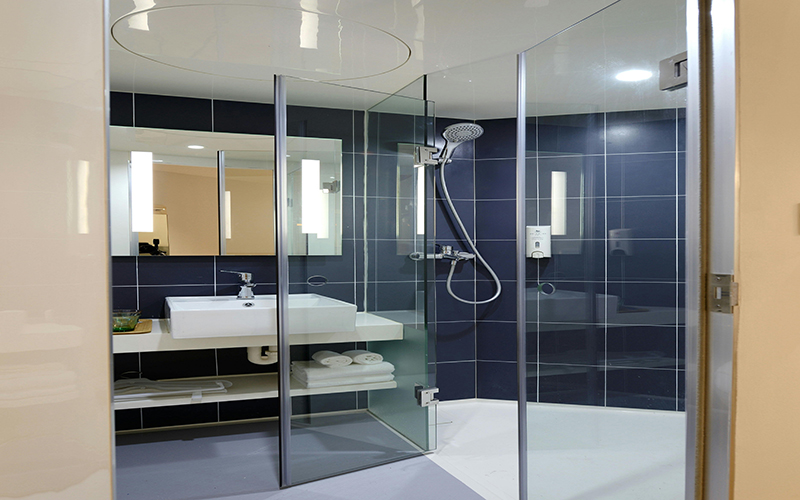
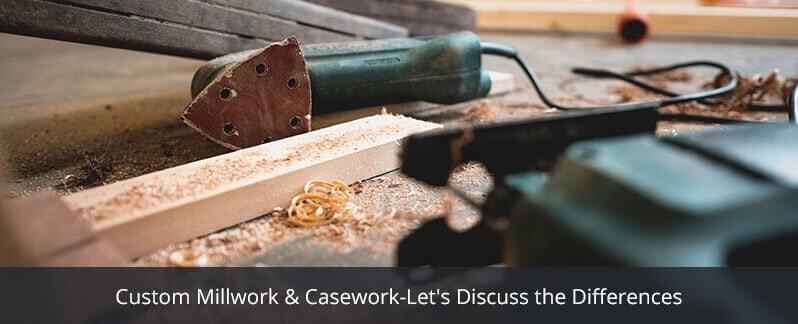
![Basement Renovation Cost in Toronto [Year 2025]](https://asasaconstruction.com/uploads/post/1742002745basement-renovation-cost-in-toronto-2025.png)
